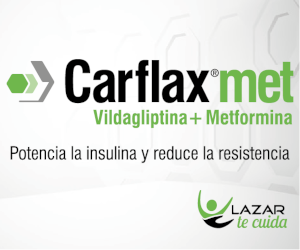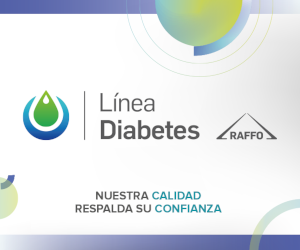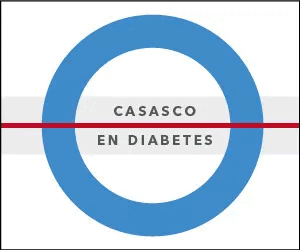Pharmacological treatment versus bariatric surgery in diabetes mellitus and obesity
Keywords:
diabetes, bariatric surgery, obesity, drugsAbstract
The treatment of obesity and type 2 diabetes (DM2) has advanced significantly with the introduction of new drugs that not only help in weight loss but also improve glycemic control and reduce the risk of associated complications. Below are some of the most promising new drugs and their benefits, as well as their adjuvant use with bariatric surgery.
- GLP-1 Receptor Agonists. GLP-1 (glucagon-like peptide-1) receptor agonists are a class of drugs that have shown remarkable efficacy in reducing body weight and controlling DM2.
- Semaglutide: This drug has become a benchmark in the treatment of obesity. In clinical studies, semaglutide has shown a reduction in body weight of up to 15% in patients with obesity. In addition, it significantly improves glycemic control, which is crucial for people with DM2.
- Liraglutide: helps reduce appetite and caloric intake, thus facilitating sustained weight loss. It also has cardioprotective effects, which is beneficial for patients with high cardiovascular risk.
- Health Benefits: New obesity drugs not only focus on weight loss, but also provide a number of additional health benefits:
- Improved Glycemic Control: GLP-1 agonists help reduce blood glucose levels, which is essential for the prevention of complications associated with diabetes.
- Reduction of Cardiovascular Risk: These drugs have shown beneficial effects in reducing the risk of cardiovascular events, such as heart attack and stroke. This is particularly relevant given that obesity and DM2 are associated with an increased risk of death from cardiovascular disease.
- Weight Loss: is associated with a reduced risk of complications associated with obesity, such as sleep apnea, osteoarthritis and certain types of cancer.
- Adjuvant treatment with bariatric surgery. New drugs can help maintain the results of bariatric surgery in the long term, reducing the risk of weight regain and recurrence of T2DM.
Continued progress in these areas and individualization of treatment are essential to improve clinical outcomes and people's quality of life. The combination of these approaches promises an era of more effective and personalized treatment in the fight against obesity and diabetes.
References
I. Noria SF, Shelby RD, et al. Weight regain after bariatric surgery: scope of the problem, causes, prevention, and treatment. Curr Diab Rep 2023;(3):31-42. doi: 10.1007/s11892-023-01498-z
II. Melson E, et al. What is the pipeline for future medications for obesity? Int J Obes 2021. doi:10.1038/s41366-024-01473-y.
Downloads
Published
How to Cite
Issue
Section
License
Copyright (c) 2024 on behalf of the authors. Reproduction rights: Argentine Society of Diabetes

This work is licensed under a Creative Commons Attribution-NonCommercial-NoDerivatives 4.0 International License.
Dirección Nacional de Derecho de Autor, Exp. N° 5.333.129. Instituto Nacional de la Propiedad Industrial, Marca «Revista de la Sociedad Argentina de Diabetes - Asociación Civil» N° de concesión 2.605.405 y N° de disposición 1.404/13.
La Revista de la SAD está licenciada bajo Licencia Creative Commons Atribución – No Comercial – Sin Obra Derivada 4.0 Internacional.
Por otra parte, la Revista SAD permite que los autores mantengan los derechos de autor sin restricciones.







































